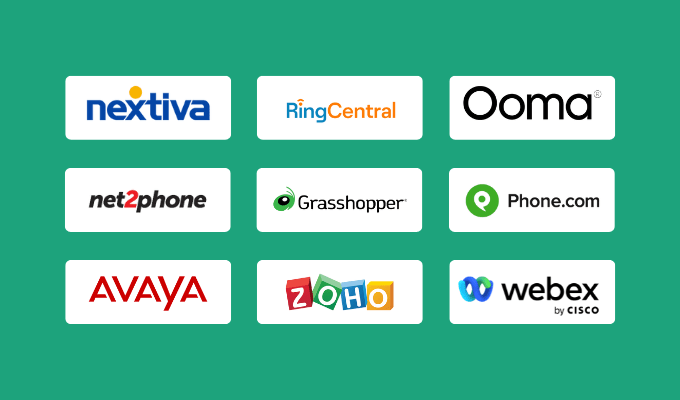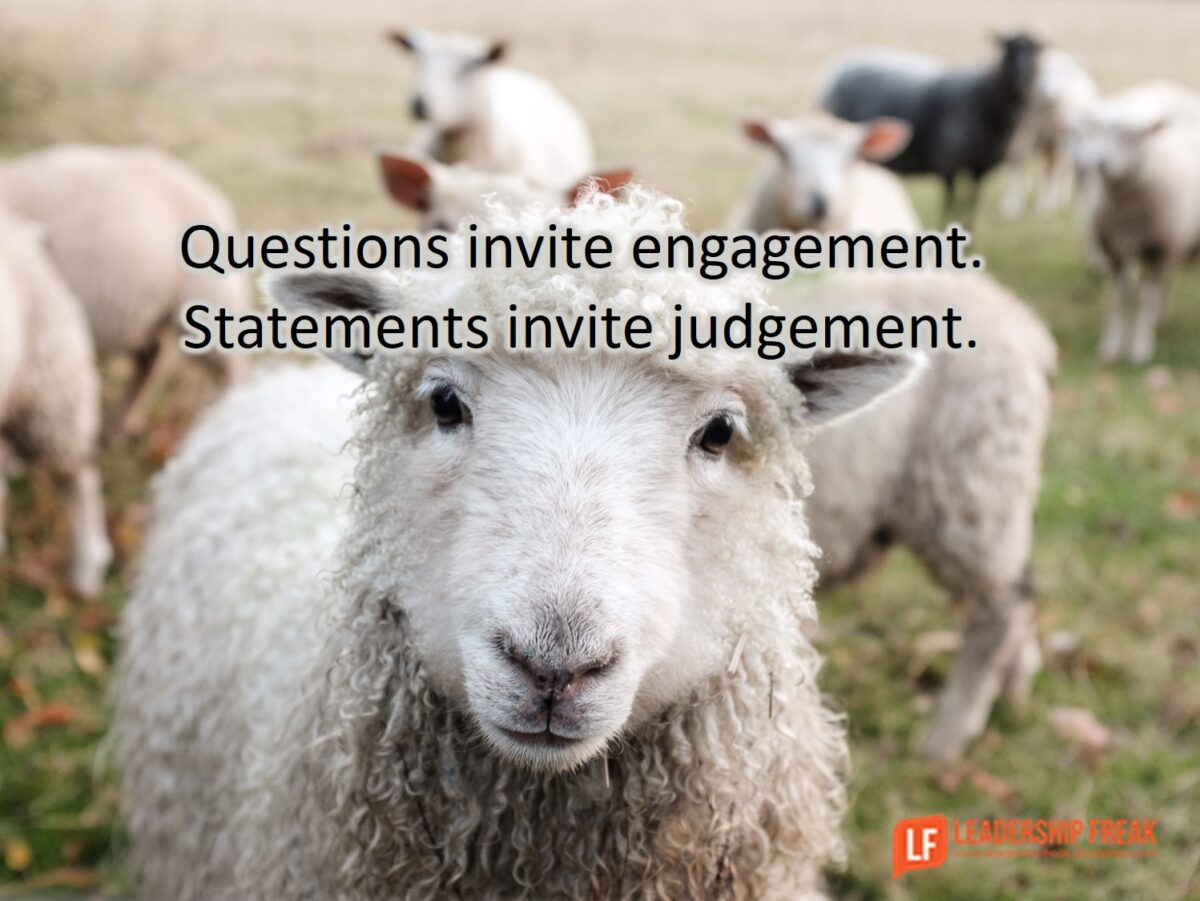

Building a powerful and talented team is the most essential step to creating a successful business.
Hiring the right people is the most important part of that process.
But there’s one huge dilemma in finding the right new employees: All the great ones are already hired, and more often than not valued in their companies, simply because they are awesome.
How to find them and lure them to join your brand?
If there’s one thing I’ve noticed about a successful hiring strategy, it’s that they tend to be super organized. Disciplined too.
Here are a few new tactics and trends to help you attract the right talent:
Using Social to Proactively Recruit
However, something else has been happening for ages too. Over a period of decades, headhunters have carefully nurtured their networks and positioned themselves to proactively approach candidates when the mandate is right.
This allowed them to reach out to a hand-picked shortlist of candidates – and so put forward for consideration candidates that companies missed when relying on recruitment advertising alone.
One of the less talked-about aspects of social recruiting is the degree to which social media and social networking sites have made it possible for ANY recruiter to now source candidates this way. So in this article, I want to share with you 3 things you ought to investigate if you have any aspirations of attracting the right people to your company:
- Using Twitter lists to create targeted candidate pools
- Making use of LinkedIn contacts as your comprehensive recruiting database
Using Twitter Lists To Create Targeted Candidate Pools
Twitter lists have always been a powerful way of organizing the people you want to engage with. But for the purposes of recruiting, they’ve always been limited by the restriction of only being allowed 20 lists and a maximum of 500 Twitter accounts on each list.
The good news is, Twitter increased these limits, enabling you to create 1,000 lists and add up to 5,000 Twitter accounts to each list. That’s a massive change – and one that empowers you to really use Twitter as a proactive recruiting tool.
In all likelihood, there are specific companies that your company would ideally like to poach staff from. Imagine now that you can create lists of potential candidates for each and every specific skill/location/ company combination you might want to target in the future. By using a tool that searches Twitter users’ bios, you can quickly find and add candidates to relevant candidate lists.
There are many out there, Followerwonk is one that I’ve been having a lot of joy using. By searching to find who’s been tweeting niche content in your sector, you’ll be able to add many more who don’t have this information in their bios but who you then come to learn about (and can populate the missing data by researching elsewhere).






